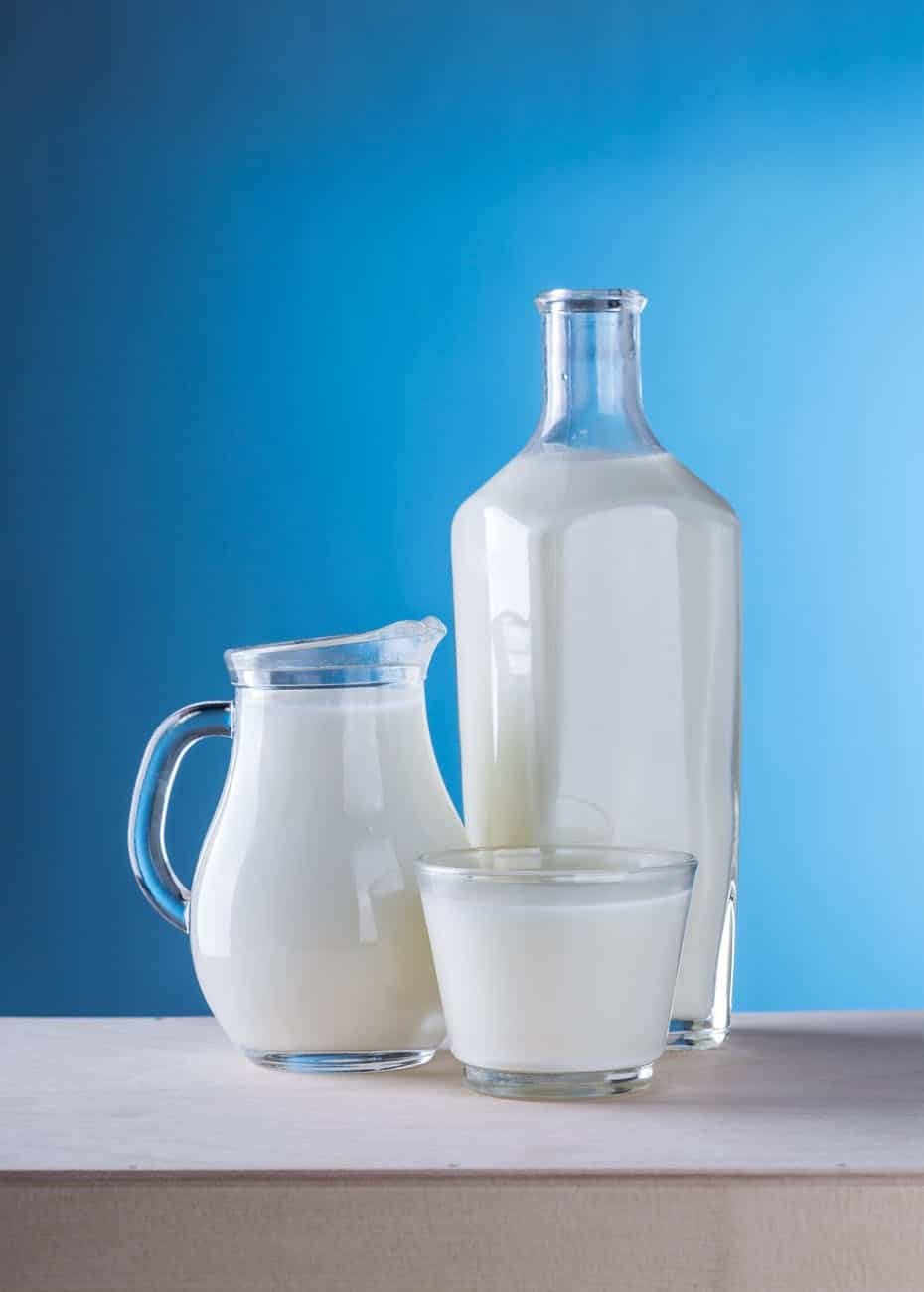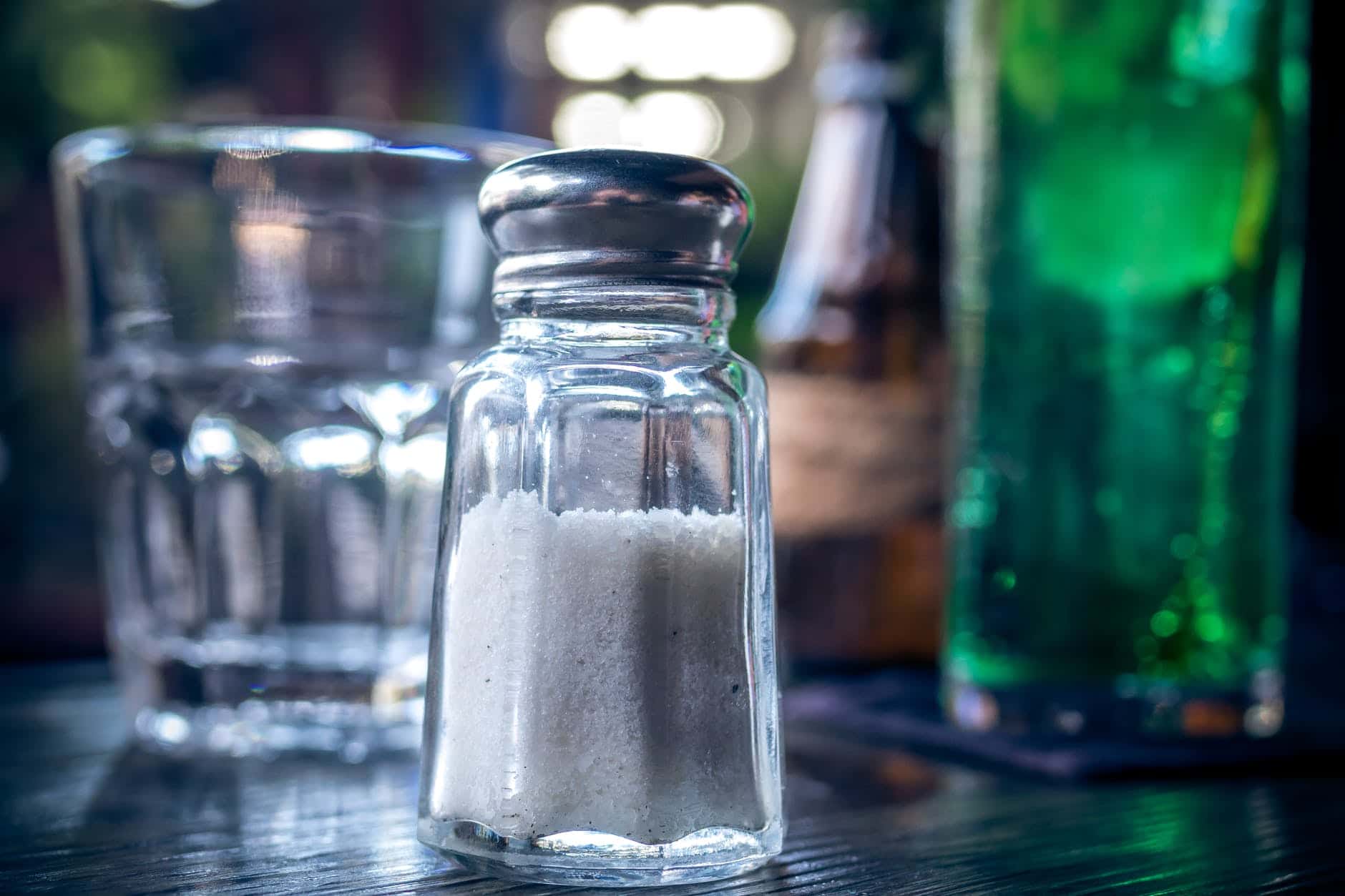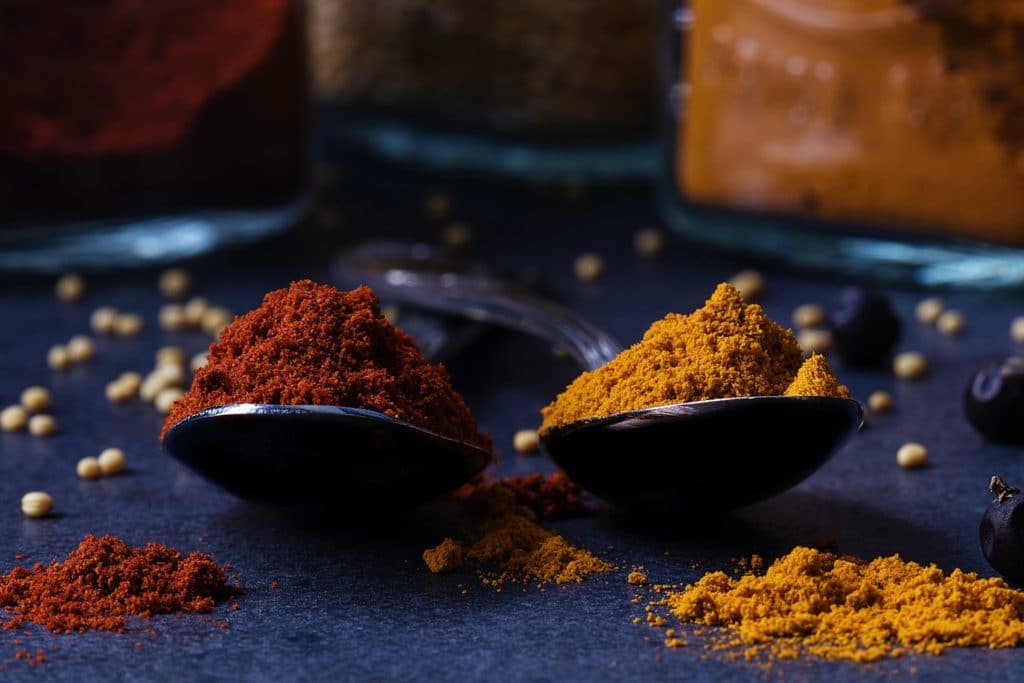Welcome to menopause ladies!
As we approach our 50s, the reality of peri-menopause and menopause become inevitable. The cliché of ‘raging hormones’ sets in with a fluctuation in estrogen and progesterone in our bodies. With that, menopausal belly bloat. Ugh.
Thankfully, this doesn’t last forever. Once your body adjusts to a ‘new normal’ of a lower hormone level, menopausal belly bloat subsides.
In the meantime, bloating causes you to feel an uncomfortable fullness, soreness, bubbly, tightness, or swelling in your abdomen and pelvic area. Your clothes fit tighter, you may look like you swallowed a beach ball, and Strangers might innocently ask, ‘when are you due?’. Awkward! If your hormones weren’t wreaking havoc on you already, you now feel frumpy and not very good about yourself. Belly bloat just got personal.
It doesn’t have to be as nasty as it all sounds. There are some things you can do to combat menopausal belly bloat. Keep on reading to find out how!
Why Menopausal Belly Bloat Happens
If you’re reading this, you already know that menopause marks the end of your menstrual cycle. One of the many side effects of this natural and normal life transition is menopausal belly bloat. It’s not fun. But why does this happen at all?
Reduced Bile Production
Our hormones regulate many functions within the body, including the production of bile in the stomach. When our estrogen levels drop, so do our levels of stomach bile. Since bile is what helps break down the fat in our foods for digestion, inhibited bile production causes gas. Gas causes bloating.
The other side effect of lower bile production is constipation. Surprising, right? The reason is this; bile acids serve as a natural laxative that softens our stools and speeds up the movement of our stool through the colon. All of these processes support the movement of our stool throughout bodies resulting in the natural elimination of waste. When that bile production drops, all of these processes slow down. The result: constipation. Constipation contributes to bloating.
Water Retention
In the days leading up to our normal menstrual cycles, our estrogen levels rise, causing our bodies to start to retain fluid. If you’ve ever been diligent about weighing yourself on a daily basis, you’ve no doubt seen the trend where the scale ticks up by several ounces or even a couple pounds during this same timeframe.
Regardless of how diligent you’ve been with your eating plan, fluctuations in estrogen will cause this fluid retention and it’s all reflected in the scale. If it’s reflected in the scale, it’s going to be reflected in the appearance of your body. Your ankles, boobs, wrists, fingers, and yes, your belly, will all retain water. Hello, belly bloat.
When you’re in menopause, your estrogen levels rise and fall unpredictably, making belly bloat seem incessant.
How to Combat Menopausal Belly Bloat
Bloating can be very awkward and uncomfortable. It many cases, you can reduce bloating during perimenopause and menopause with a number of little tricks. Making adjustments to your diet. Lifestyle or using medications prescribed from your doctor are just a few.
If you are experiencing prolonged bloating, it is best to see your doctor as it could be a sign of another medical condition which needs treatment.
Assess Your Diet

Have a look at your daily eating rituals. Your diet may include too many foods which are notorious for giving you bloat.
Do you eat a lot of processed, fried or fatty foods? Aside from being generally unhealthy, the drop in bile production during menopause makes these foods harder to digest. The result is extra gas.
Let’s face it, certain cruciferous vegetables with higher fiber and a hard to digest sugar content generate more gas. I love broccoli, Brussels sprouts and cabbage, and affectionately call them call ‘fart food’. If it’s going to make you fart, it’s going to make you bloat.
Ditch the Dairy

Although dairy might be a great source of calcium, protein and other nutrients, those who are lactose intolerant know first-hand about the effects of dairy on gas and bloating.
To be lactose intolerant means your body lacks enough of the enzyme lactase to completely digest lactose, a naturally occurring sugar in milk. Undigested lactose is notorious for causing gas and cramping. When you are lactose intolerant, your body can’t break down those milk sugars. If they can’t be easily digested, it’s going to cause gas and uncomfortable bloating.
Even if you aren’t completely lactose intolerant, experimenting with dairy products that have lower levels of lactose, such as yogurt, might point to a lactose sensitivity. It’s worth keeping a food diary to see how your body reacts to certain dairy products.
Cut Carbonated Beverages and Drink More Water

If it makes you burp, it’s building up gas in your body. Carbonated drinks fill your belly up with air, leading to gas. In addition, many of these drinks contain sugar or artificial sweeteners, which also contribute to gas build up.
Although it sounds counterintuitive, drinking 5-7 glasses of water a day will actually restore the sodium balance so your body will flush the excess fluid it’s storing, which is what contributes to your bloat. Water also flushes your entire system and keeps your digestive tract moving so you lower your chances of becoming constipated, which we’ve also seen contributes to bloat.
Cut Down on the Salt

You may be someone that loves salty foods or loves adding extra salt to your meals. Beware that salt is another one of bloats’ main offenders!
Salt makes your body hold onto water giving you that swollen, uncomfortable feeling that bloat provides. But cutting back on it isn’t easy – nearly 80% of the sodium in our diets comes from packaged or canned foods and restaurant meals, so things you thought were probably healthy aren’t!
The best way to get foods that don’t contain an abundance of added salt is to seek that which is fresh and unprocessed. If you do need to add some zing, opt for natural herbs and spices instead of shop-bought sauces.
Avoid Smoking and Alcohol

I can’t think of one good reason to smoke. In case you didn’t know, tobacco is an irritant to the digestive tract, causing bloating and gas. Aside from that, if you’re of menopausal age, you’re approaching a time in your life when it’s crucial to make lifestyle changes and eliminate bad habits so you can maintain your health into your later years. Smoking should be the first habit on the chopping block. <end rant>
Alcohol isn’t much better. It irritates and inflames the stomach which – surprise! – causes bloating. Yes, alcohol is fine in moderation and in some cases, has shown to have some health benefits. Drinking to excess on a regular basis is a disaster for your health overall, and only exacerbates menopausal belly bloat.
Avoid Chewing Gum

Chewing gum is a go-to activity for dieters looking to curb their food cravings. The down side is that chewing gum can fill up your stomach with air, leaving you with a bloated abdomen – not good! Add in the artificial sweeteners and you’ve got the ingredients for belly bloat.
Exercise Regularly
If you are not that active and exercising isn’t something you do regularly, then it’s time to start. Try to complete a mixture of cardiovascular and resistance training. Regular exercise works up a sweat, which helps to eliminate more fluids. It also keeps food morning through your digestive system, making it a natural way to relieve constipation.
3 Instant Relief Remedies
Until you’re ready to make some of the recommended changes in your diet, exercise and lifestyle choices, there are some other remedies you can try to relieve belly bloat.
Try a Probiotic Supplement
Probiotics are the ‘good’ bacteria that are naturally occurring in your body. They promote good gut health microbial balance and as a result, prevent or reduces bloat. Since they typical American diet is full of food that primarily irritate the gut, a probiotic can help restore order.
If you’re not regularly eating foods that contain probiotics (yogurt or kombucha), then a probiotic supplement can certainly help. In the case of foods and supplements, make sure you are choosing those that have live and active cultures.
Indulge in a Warm Epsom Salt Bath

Even without the symptoms of menopause, a warm luxurious bath can help to relax the body and ease tension and swelling. When you are in the throes of menopause, add some Epsom salts to your bath. Epson salt isn’t salt at all; it’s magnesium sulfate, known for centuries as a natural remedy to reduce inflammation and swelling.
Not only does Epsom salt draw toxins away from the body, the magnesium pulls water into your digestive system. Since the reduction of bile due to the drop in estrogen slows digestion, the increased water in your gut serves as a natural laxative to keep you regular. All of that results in reduced belly bloat.
Try a Turmeric Supplement

Turmeric is one of nature’s most powerful anti-inflammatories. Curcumin, the potent substance within turmeric, helps stimulate the gallbladder to produce bile. Since a drop in estrogen during menopause decreases bile production, a dose of turmeric to stimulate bile production to combat that is a common sense defense tactic. Returning your bile production to a state of normalcy can help reduce menopausal related belly bloat.
Conclusion
Menopause brings with it more than just the end of a woman’s child bearing years. It affects nearly every aspect of our physical and mental being. The good news is that if you’re well informed and treat your body as the magnificent temple that it is, you can survive this change of life and not have to suffer from the effects.
Don’t let menopausal related belly bloat control your life. Treat yourself well now and at every stage of your life.

